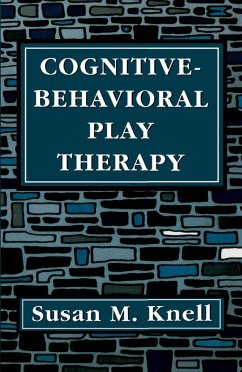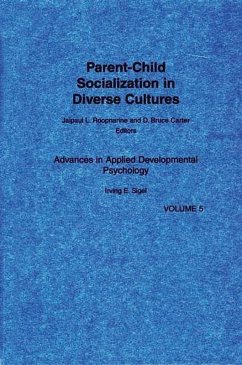
Collaborative Cognition (eBook, PDF)
Children Negotiating Ways of Knowing
Versandkostenfrei!
Sofort per Download lieferbar
59,95 €
inkl. MwSt.
Weitere Ausgaben:

PAYBACK Punkte
30 °P sammeln!
Human cognition increasingly is coming to be understood and studied as something that does not necessarily reside within individuals, but rather as something that evolves through interpersonal communication. Using the interpersonal event as the unit of analysis, the authors of Collaborative Cognition examine how children interactively co-construct knowledge and ways of knowing in social contexts. In an illustration of the idea that thinking is as much interactive as self-reflective--one that supports the cognitive developmental theories of Jean Piaget and Lev Vygotsky--this important new study...
Human cognition increasingly is coming to be understood and studied as something that does not necessarily reside within individuals, but rather as something that evolves through interpersonal communication. Using the interpersonal event as the unit of analysis, the authors of Collaborative Cognition examine how children interactively co-construct knowledge and ways of knowing in social contexts. In an illustration of the idea that thinking is as much interactive as self-reflective--one that supports the cognitive developmental theories of Jean Piaget and Lev Vygotsky--this important new study examines the social origins of thought, and the inherently discursive nature of thinking itself. The social context in question was created by the authors, who showed to pairs of children a variety of game materials and asked them to collaborate on creating a board game. Negotiating the co-construction of a game, back and forth, turn by turn, enabled the children to construct jointly a series of mutually obligatory goals and rules that sequentially defined the evolution of increasingly more complex modes of play. This innovative use of sequential analyses to study evolving streams of conversation discourse represents a fully process-oriented, rather than outcome-oriented, approach to studying cognitive development.













